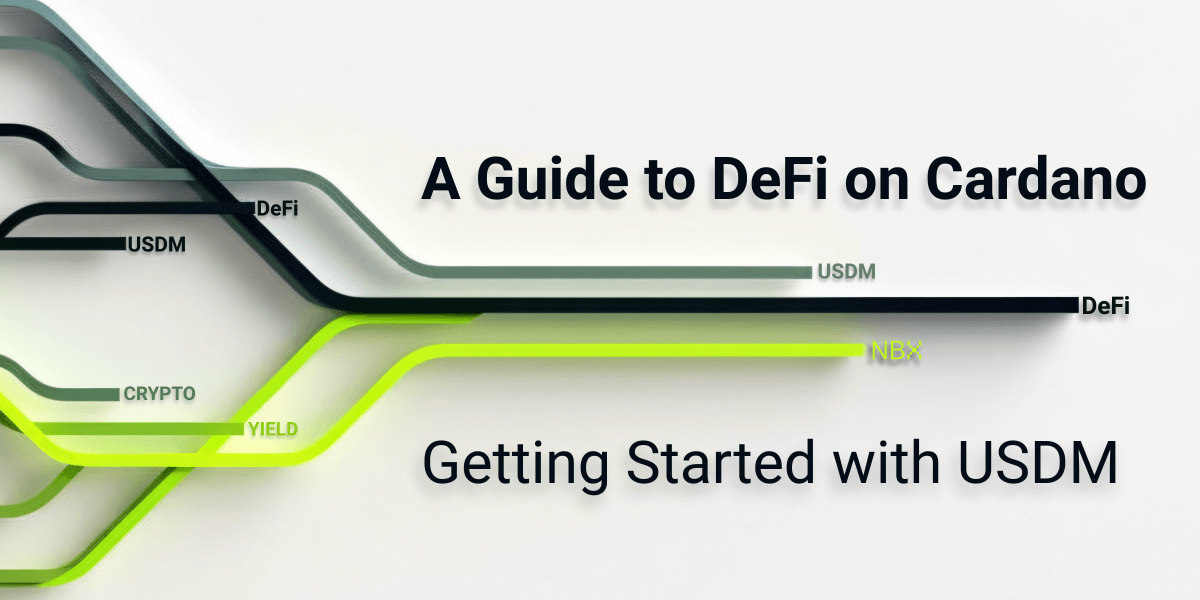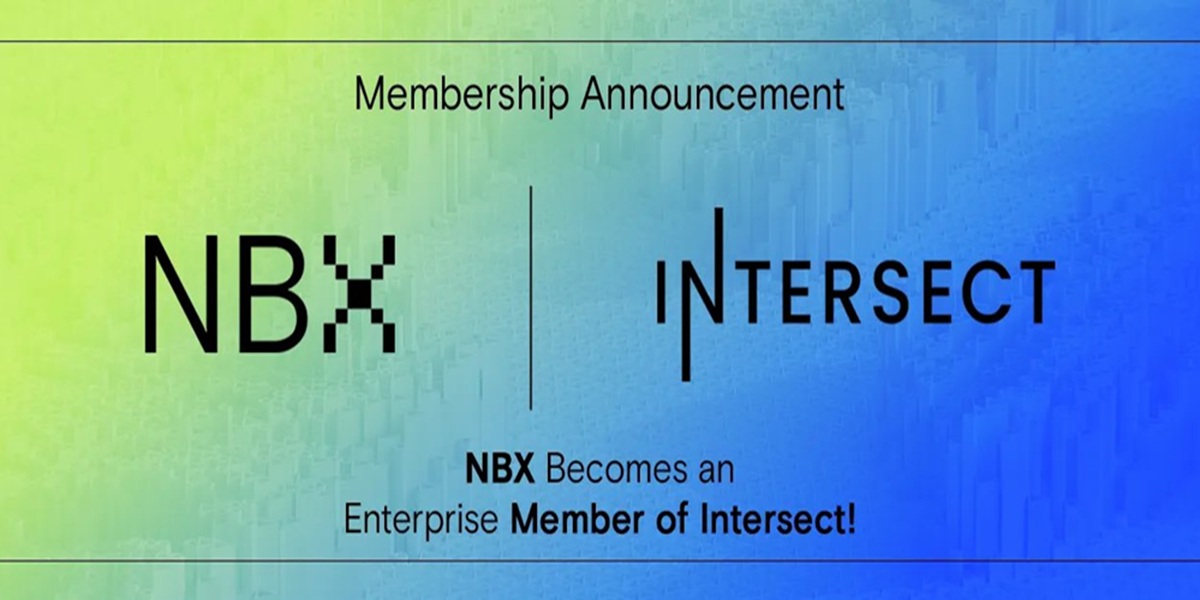Staking is a process by which users hold and lock up their cryptocurrency tokens in a digital wallet to support the operations of a blockchain network and receive rewards in return. The process of staking involves actively participating in the network's Proof-of-Stake (PoS) consensus mechanism, which allows stakers to earn rewards by validating transactions and securing the network.
In a Proof-of-Stake network, validators (or stakers) are selected to validate transactions based on the amount of cryptocurrency they hold and have staked. The more cryptocurrency a user has staked, the higher the chances of being selected as a validator. Validators are responsible for confirming transactions and adding new blocks to the blockchain. In return for their work, validators earn rewards in the form of cryptocurrency.
To participate in staking, users need to hold and lock up a certain amount of cryptocurrency in a staking wallet or on a staking platform. This helps to secure the network and prevent malicious actors from attacking the network. The staked tokens remain in the user's control and can be unlocked and withdrawn at any time, but doing so may result in a penalty or loss of rewards.
Staking rewards can vary depending on the network and the amount of cryptocurrency staked. In some cases, staking rewards can be significantly higher than traditional investments such as savings accounts or bonds. However, staking also comes with risks, such as the possibility of slashing (losing a portion of staked tokens) if a validator behaves maliciously or negligently.
Overall, staking is a way for users to earn rewards while supporting the security and operations of a blockchain network. It can be a viable alternative to traditional investments and can offer higher returns in some cases. However, it's important to research and understand the risks and benefits of staking before participating in it.
There are many cryptocurrencies that support staking, but some of the most popular staking coins include:
These are just a few examples of popular staking coins, and the list is constantly evolving as new projects emerge and existing projects evolve. It's important to research and understand the fundamentals of each project before staking to determine if it's a good fit for your investment goals and risk tolerance.
The article does not constitute financial advice.


